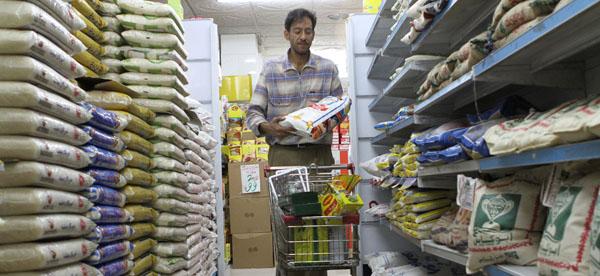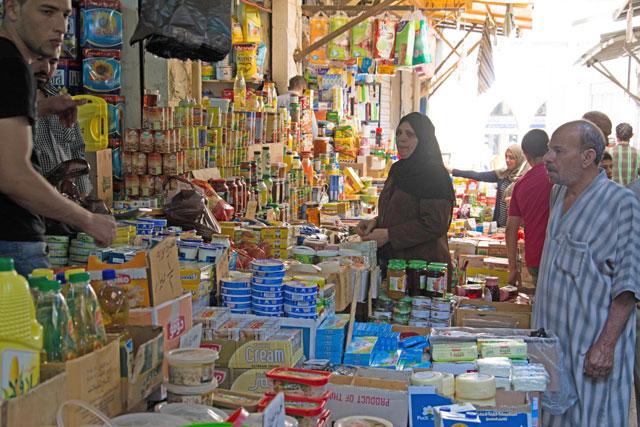You are here
JCC confirms: Local prices unaffected by India’s rice export ban
By Rayya Al Muheisen - Jul 22,2023 - Last updated at Jul 22,2023
AMMAN — Indian lawmakers on Thursday announced an immediate ban of all white rice exports — with the exception of basmati rice — after inflated rice prices in India sparked fears of further inflation in global food markets.
In response to the ban, President of the Jordan Chamber of Commerce (JCC) Khalil Haj Tawfiq stressed that “rice prices will not be affected by the export ban decision locally,” Al Mamlaka TV reported.
According to a recent report, India is responsible for 40 per cent of global rice exports. At the local level, Jordan imports around 50,000 tonnes of Indian rice annually, but it does not typically import the types of rice included in the ban, Haj Tawfiq explained. Therefore, the overall impact on the Jordanian market will be minimal, he said.
Haj Tawfiq also mentioned that Jordan sources rice from a variety of locations, including the US, EU, Australia, Thailand and Pakistan.
This decision coincides with significant fluctuations in the global wheat market driven by the Russian-Ukrainian war combined with erratic rain patterns, prompting greater anxieties about the potential ripple effects of price instability within global staple crops.
Economist Khaled Salameh warned that disruptions in the global rice market due to the ban could potentially lead to price fluctuations in rice imports from other countries, which may impact Jordan’s overall food import dynamics.
“The simultaneous increase in wheat prices and India’s rice export ban may raise concerns about overall global food prices,” Salameh told The Jordan Times.
Increases in the prices of staple foods can place notable financial pressure on household budgets, particularly in regions with limited resources, leading to potential social and economic challenges, Salameh said.
Related Articles
Jordan is the world’s third largest importer of US short/medium grain rice, according to US Ambassador to the Kingdom Alice G. Wells.
AMMAN — Iraq’s decision to reportedly ban the import of a number of Jordanian food products is an attempt to tarnish Jordanian industries, F
AMMAN – The Industry, Trade and Supply Ministry on Saturday decided to halt exports of foodstuff until the end of the fasting month of Ramad


















